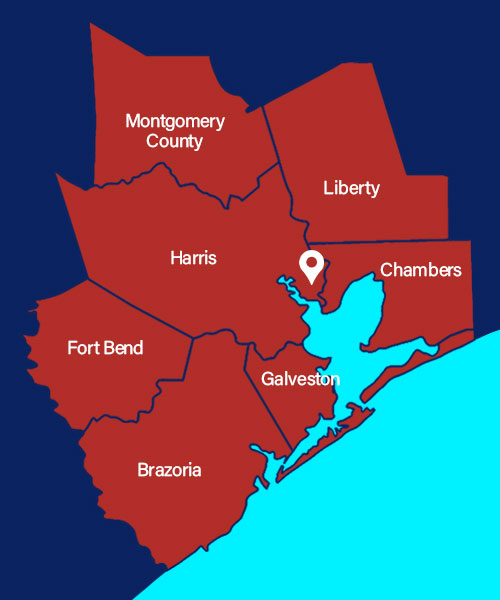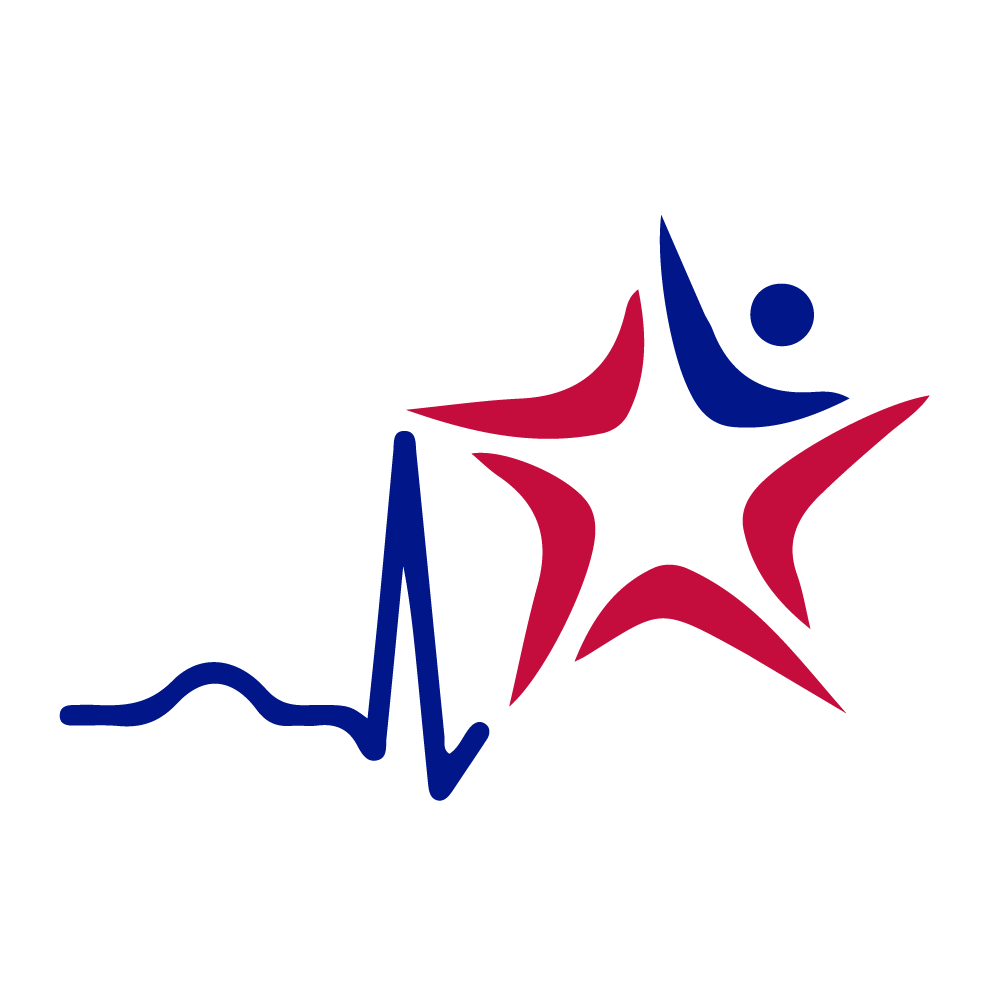Signature’s nurses can help you maintain a regular medication schedule and understand your medicines. Antibiotics can cure bacterial infections, but they can’t cure chronic bronchitis itself. So is it very important you work with your home healthcare nurse to:
- Avoid irritants (especially cigarette and cigar smoke)
- Drink lots of fluids, especially water
- Keep your lungs clear of mucus
- Take the medicines prescribed for you
- Help you learn how to properly use inhalers and get the full dose of your medication.
Nurses can deliver inhaled medicines and breathing treatments and teach proper guidelines for the use and cleaning of each inhaler. These types of medicines are called aerosols or medical aerosols. They are a mixture of drug particles and gas. Inhaled medicines go directly to your airways and have fewer side effects. Inhaling this aerosol treatment can help you breathe easier. Incorrectly using your inhaler can lead to flare-ups of your COPD or other risks, like increased risk of side effects.
Aerosol or breathing treatments can be delivered in multiple ways. Some are delivered with hand-held devices called metered dose inhalers (MDIs) or dry powder inhalers (DPIs). Other delivery methods include a small volume nebulizer device (SVN), which changes a liquid medicine into an aerosol for inhalation.
Your Signature nurse will also teach you –and help monitor– the signs and symptoms of respiratory distress, which include:
- Trouble breathing; increased wheezing or chest tightness
- Increase coughing or mucus
- Breathing faster or slower than normal for you
- Retention of fluid
- Feeling of malaise or feeling anxious, restless, or irritable
- Confusion
- Increased fatigue or no energy for your daily activities
- Blue-ish color to your nails or lips
- Upper airway symptoms like a cold or sore throat
Your nurse can help you prevent respiratory distress by:
- Recommending the use of a pulse oximeter (a small, lightweight device used to monitor the amount of oxygen carried in your body)
- Teaching pursed lip and deep breathing exercises and controlled coughing techniques
- Ensuring you take your medicine regularly and as prescribed, including the proper use of your inhalers and oxygen
- Talking to your doctor about the need for physical therapy, also provided by Signature
- Recognizing and quickly responding to your symptoms before they get worse.
Your Signature nurse also will help monitor you and teach you to quickly recognize the signs of an infection or respiratory problem, which include:
- More shortness of breath, trouble breathing or wheezing than usual
- More coughing (more often, severe, or both)
- Increase in mucus production
- Change in color of mucus (to yellow, green, or bloody)
- Swelling in ankles, legs, or around eyes
- Sudden weight gain (2 pounds or more overnight)
- Heart palpitations or faster pulse than usual
- Dizziness, sleepiness, headaches, vision problems, irritability, trouble thinking
- Loss of appetite
- Dehydration (shown by darker urine and dry skin)
- Fever over 101 degrees
- Early morning headaches not relieved by mild headache medicines (especially if you are on oxygen while sleeping)












